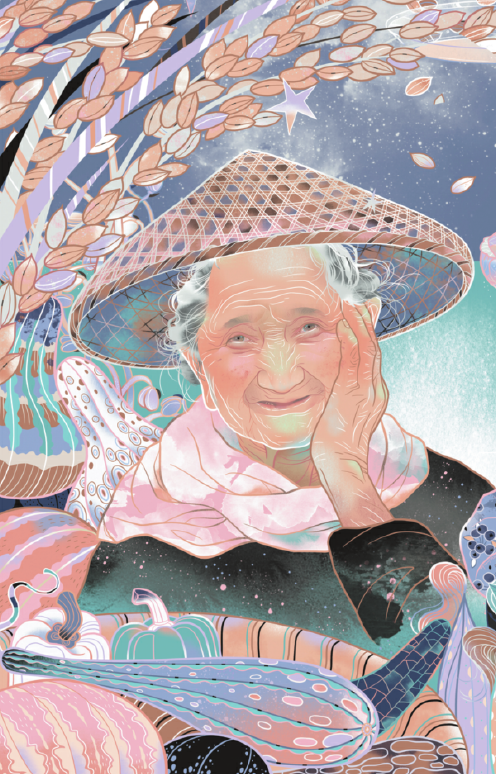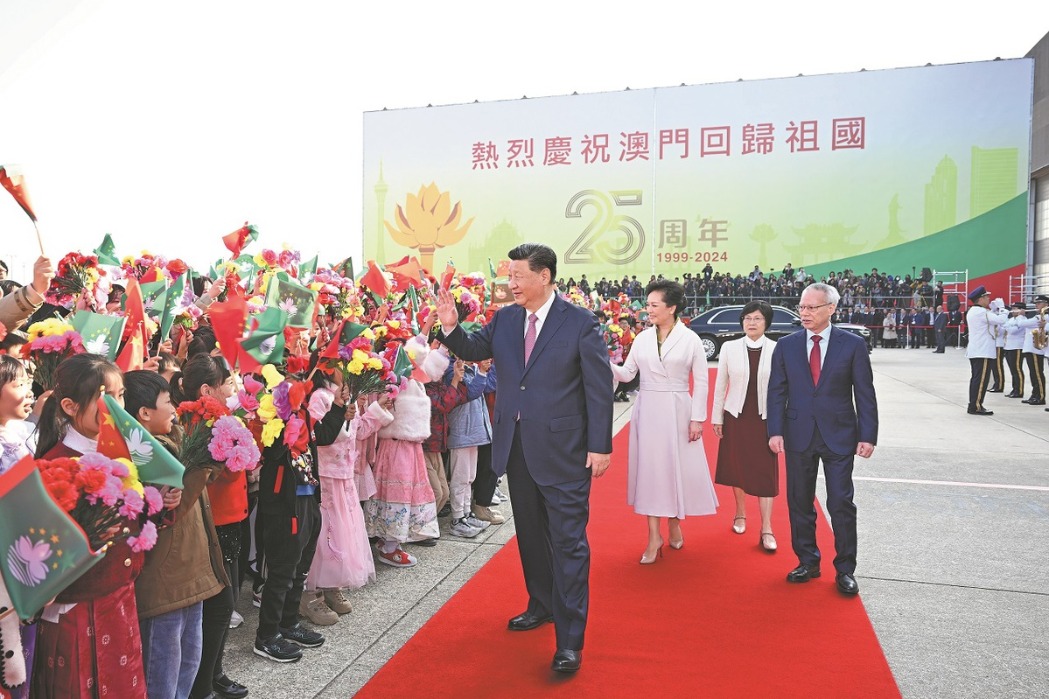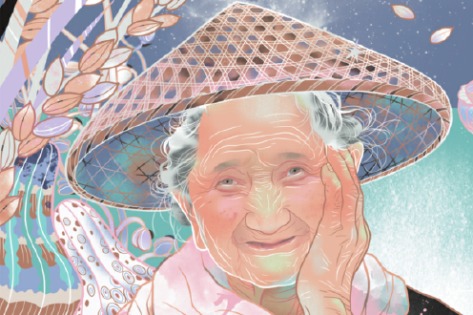Disabled elderly in rural areas need a helping hand


China has been facing the challenge of an aging population since the start of the 21st century, with more elderly people living in rural areas while their young children prefer to migrate to urban areas in search of jobs. In the absence of professional elderly care services in rural areas, it falls upon younger family members of these senior citizens to take care of them.
However, the migration of the young and middle-aged people to urban areas and rising rural labor costs in recent years have reduced elderly care human resources while costs have soared.
From July to August, a research team from the School of Public Administration at Northwest University carried out studies in 62 villages of Shaanxi province and found the challenges families of disabled elderly people there faced.
First, because of insufficient income, the families are not able to meet the high cost of taking care of their disabled elderly family members. In fact, as younger family members spend a lot of time and energy taking care of the disabled elderly family members, it brings down overall family income.
Worse, rural families normally cannot afford medicine, facilities and rehabilitation services for disabled elderly people. The heavy financial burden may lead to a decline in the quality of family care and may also trigger conflicts among family members.
Second, the changing family structure and the shortage of resources in rural areas are another major challenge. Children used to be the main force taking care of their disabled parents, but urbanization and industrialization have created good opportunities for them to migrate to cities, leaving their elderly parents behind in villages.
Given the relatively smaller family size because of successful family planning measures and as more and more young people migrate to cities in search of work, there are fewer young people left in rural areas to take care of the disabled elderly people.
Besides, there are few elderly nursing care personnel in rural areas, and many families cannot take care of disabled seniors effectively and comprehensively as they lack professional knowledge and skills.
Third, there is a lack of policy support for rural family care. Compared with cities, professional elderly care resources are scarce in rural areas, and the local governments and social organizations do not pay much attention to or provide enough support for disabled elderly people.
This is not only reflected in insufficient elderly care service facilities and uneven distribution of medical resources, but also in the lack of psychological comfort for disabled senior citizens in rural areas.
As rural communities lag behind in care systems, it becomes difficult for families to seek external support. This may also cause social isolation for disabled elderly people, further affecting their physical and mental health.
The family care dilemma of disabled elderly people in rural areas is caused by multiple factors including lack of funds, manpower and social support. Therefore, it is necessary to build a comprehensive and coordinated support system to improve the quality of life and happiness of disabled elderly people in rural areas.
The authorities should implement rules and laws to define the rights and responsibilities of family care, and introduce an array of favorable fiscal policies, such as subsidies and mutual funds, to alleviate the economic pressure on rural families taking care of disabled seniors and improve the sustainability of family care.
Meanwhile, the government needs to invest more in family care facilities and optimize the distribution of resources to establish a comprehensive and effective care system.
Efforts should be made to develop agriculture and tourism in rural areas to expand income sources, increase rural families' incomes and provide solid support for family care.
It is also necessary to promote the development of non-agricultural industries and transformation of employment structure in rural areas, to attract more young and middle-aged people to go back home from urban areas. Authorities can hire professionals from other places as well as educate local people on how to take care of disabled seniors. A reward system should be established to attract more young people to join the rural elderly care service industry.
Last, rural community care services should be promoted to provide day care services, rehabilitation care and emotional support to disabled elderly people. Social organizations and enterprises should be encouraged to participate in the elderly care industry and jointly establish a diversified care system with the government, society and families.
Local mutual-aid eldercare groups should be encouraged to provide elderly care services and support to needy seniors.
Nie Jianliang is a professor of the School of Public Administration at Northwest University. Guo Yuchen is a postgraduate student of the same school. The views don't necessarily reflect those of China Daily.
If you have a specific expertise, or would like to share your thought about our stories, then send us your writings at [email protected], and [email protected].
































